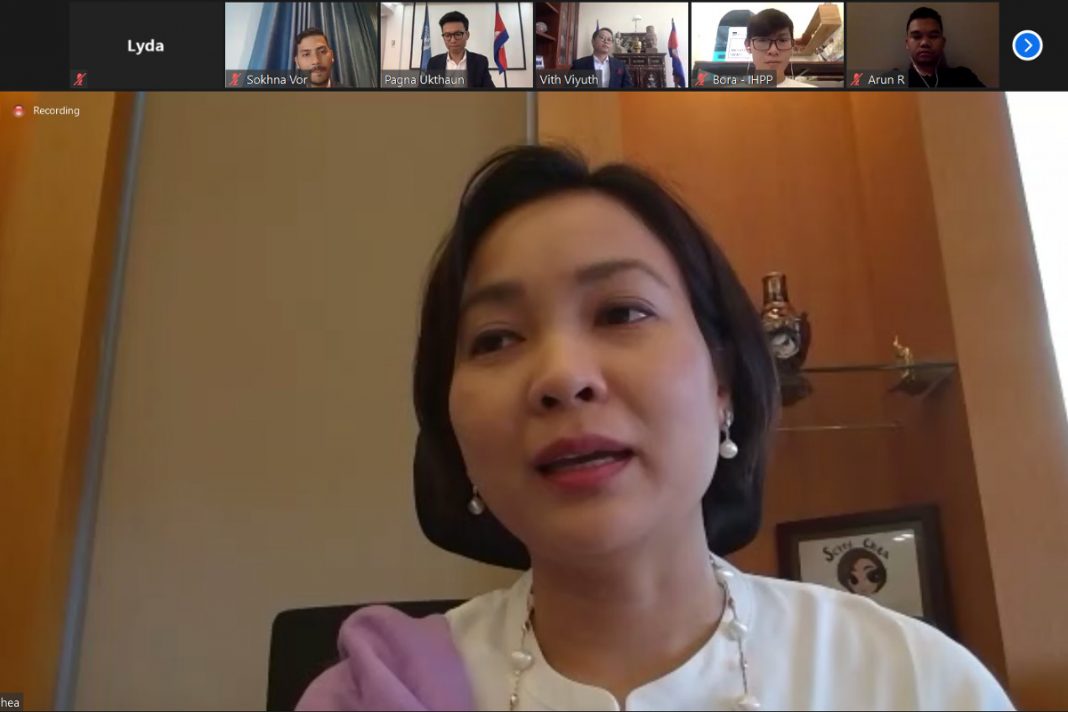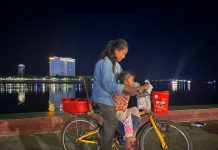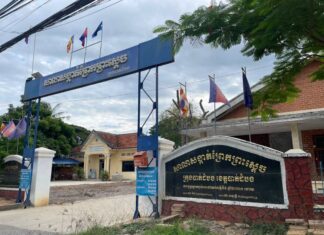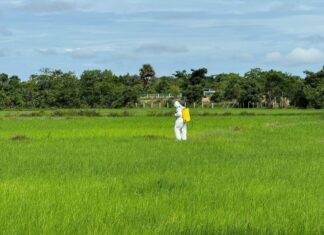The vast majority of young participants of an online seminar said they expect to live lives of constant retraining, as government officials pushed for more science graduates and for computer lessons to start in Grade 1.
The online discussion on Wednesday, on the topic of “Addressing Skills Gap for a Resilient Youth,” saw more than 170 participants and over 4,000 views as of Friday afternoon.
National Bank of Cambodia deputy governor Chea Serey, in addressing the participants, said it was vital that young people were being trained in subjects that filled economic needs.
“Education and the demands of the economy must go hand-in-hand, because if education goes left and the economy goes right, we cannot move forward,” she said.
She cited a recent survey of Asean youths by the World Economic Forum to say that the majority of young people in the region did not have the competencies needed in the current and future job markets.
According to the survey, the 56,000 young respondents, on average, considered technology, data, science and languages to be their four worst skills among 10 options. They considered “resilience and adaptability” to be their best skill.
Serey noted that the survey had not included Cambodians, and conducted an impromptu poll on Wednesday on the question of how long they thought their current skills and education would be relevant for.
Eighty-eight percent answered, “My current education and skills will need to be constantly updated.”
Serey said the key to thriving in the future economy was technology. Cambodia’s internet service needed to become more reliable, more people needed to have smartphones, and computer training should start from young children, she said.
“If our country wants to be strong in the sector of technology, we should teach children from the first grade so that they know how to turn on the computer and how to repair the computer,” Serey said.
Kan Channmeta, secretary of state at the Telecommunications Ministry, said the government was looking for ways to motivate more young people to take up science.
“In 2012 and 2013, we observed that [only] 7-8 percent of our students took up science. What we expect is an increase in this percentage in future,” he said. “The scientific potential of the world is huge.”
Cambodia risked missing out on the opportunities of the future, he said.
“If we do not have all the skills, there will be no opportunities for the digital economy,” Channmeta said.
Vor Sokhna, managing partner analytics consultancy Mekong Big Data, said more people were finding technology jobs in Cambodia in the past two years.
“Two years ago there weren’t data scientists in Cambodia, and now some companies are starting to have teams, such as for online shopping mobile apps, hailing vehicles by mobile phone, and others,” Sokhna said.
“Young people in Cambodia should take these [increasingly] necessary jobs away from [other countries] because they could help improve the livelihoods in, and the economy of, Cambodia,” he said.
The online seminar was organized by the U.N. Development Program.












